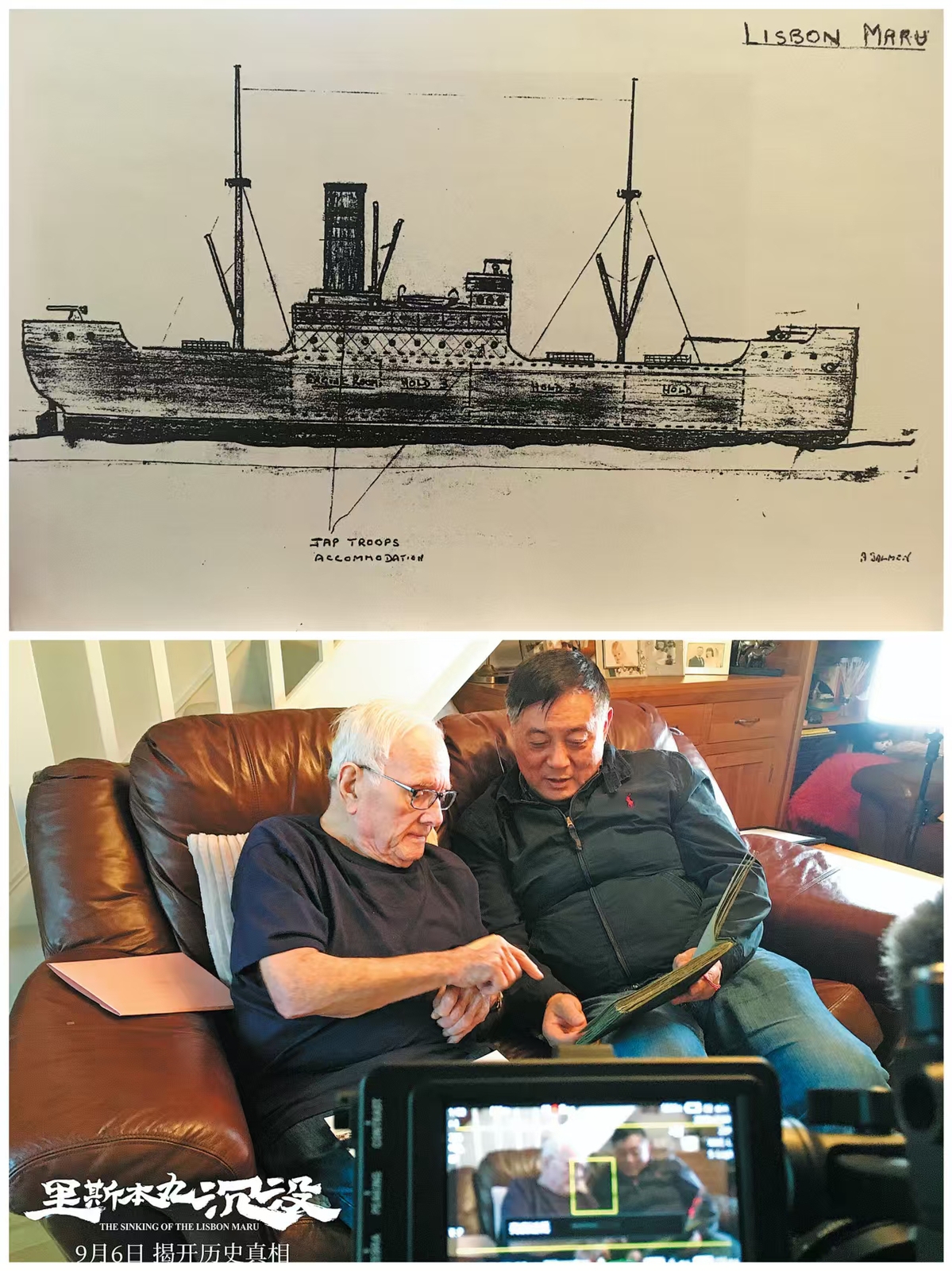

Hell ship
Because these transport ships were unmarked they became targets and some were hit by "friendly fire" from US submarines. Due to the cramped, inhumane living conditions onboard, they were referred to as "hell ships".
Tony Banham, a British historian based in Hong Kong, has written about the wartime defense of the city. While doing research in the 1990s, he came across records of the deaths of more than 700 British Commonwealth soldiers marked as "lost in the Lisbon Maru".
After further research, Banham located and interviewed a dozen survivors of the tragedy. With the material he gathered, in 2006 he published The Sinking of the Lisbon Maru: Britain's Forgotten Wartime Tragedy.
He wrote that the number of those who perished on "this dirty little ship" was more than half the amount lost on the Titanic thirty years earlier, "but while the latter had spawned eternal interest and the world's biggest box-office success, the former had been completely forgotten".
When Fang made up his mind to make a documentary about the Lisbon Maru he recruited Banham as a historical adviser.
But time was running out. When Banham began writing his book in 2003, there were only nine surviving POWs from the ship. By 2018, when Fang began filming, the number had dwindled to two.
Fang also enlisted Brian Finch, a retired major, as the film's military advisor. Finch had served with one of the survivors and became interested in the incident. He translated A Faithful Record of the Lisbon Maru Incident, which was compiled by the Lisbon Maru Association of Hong Kong, from Chinese to English.